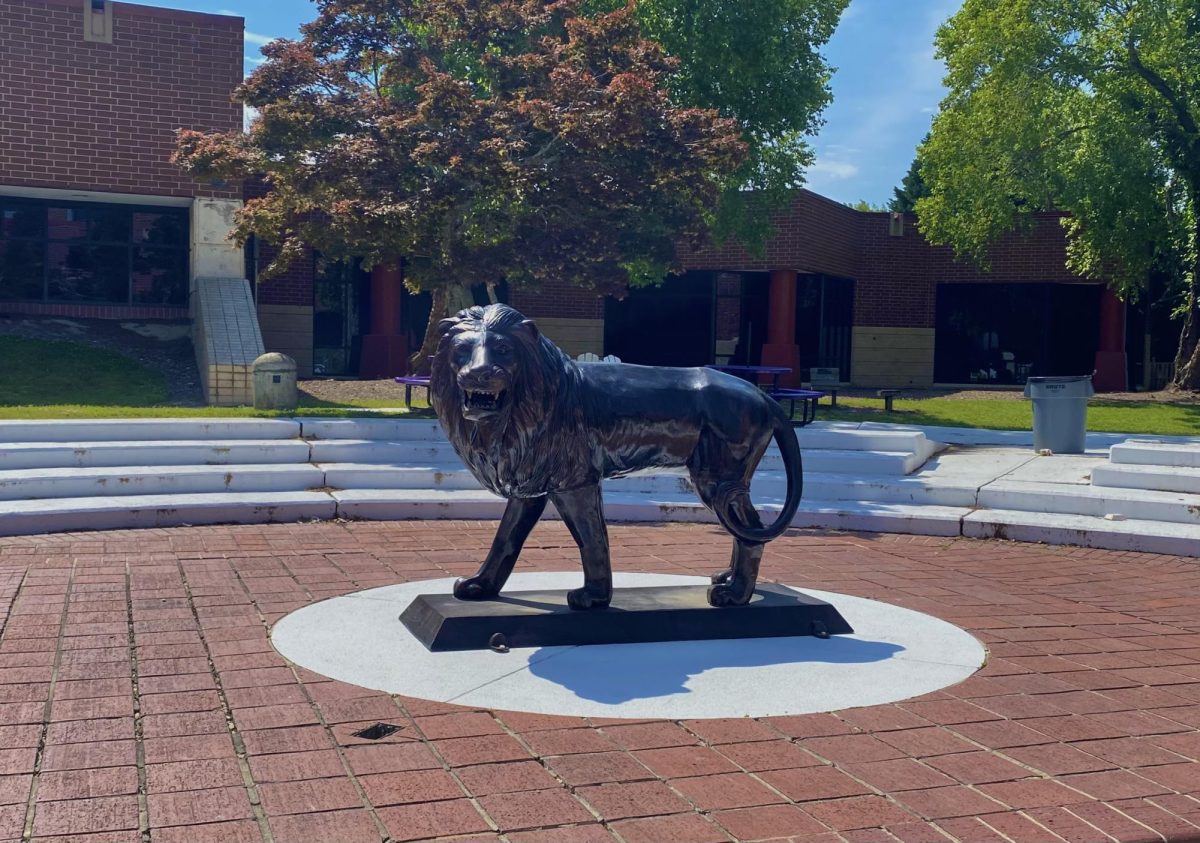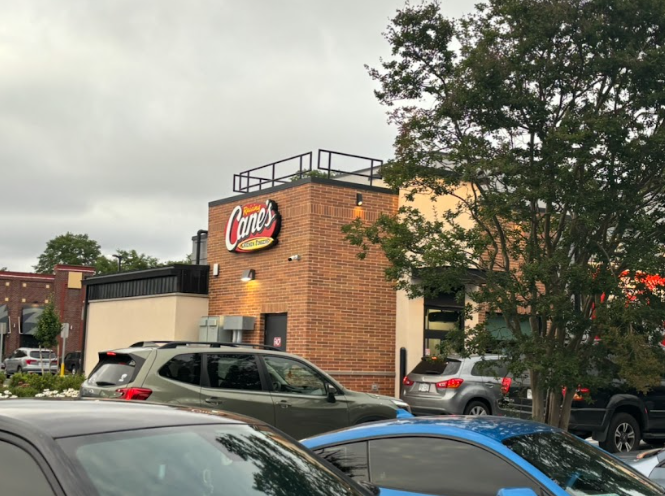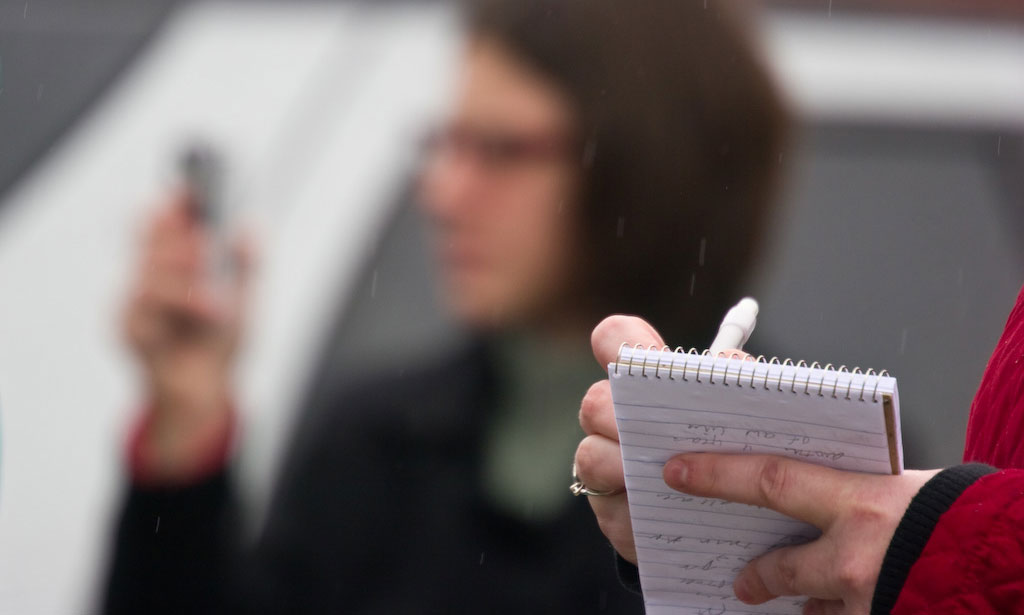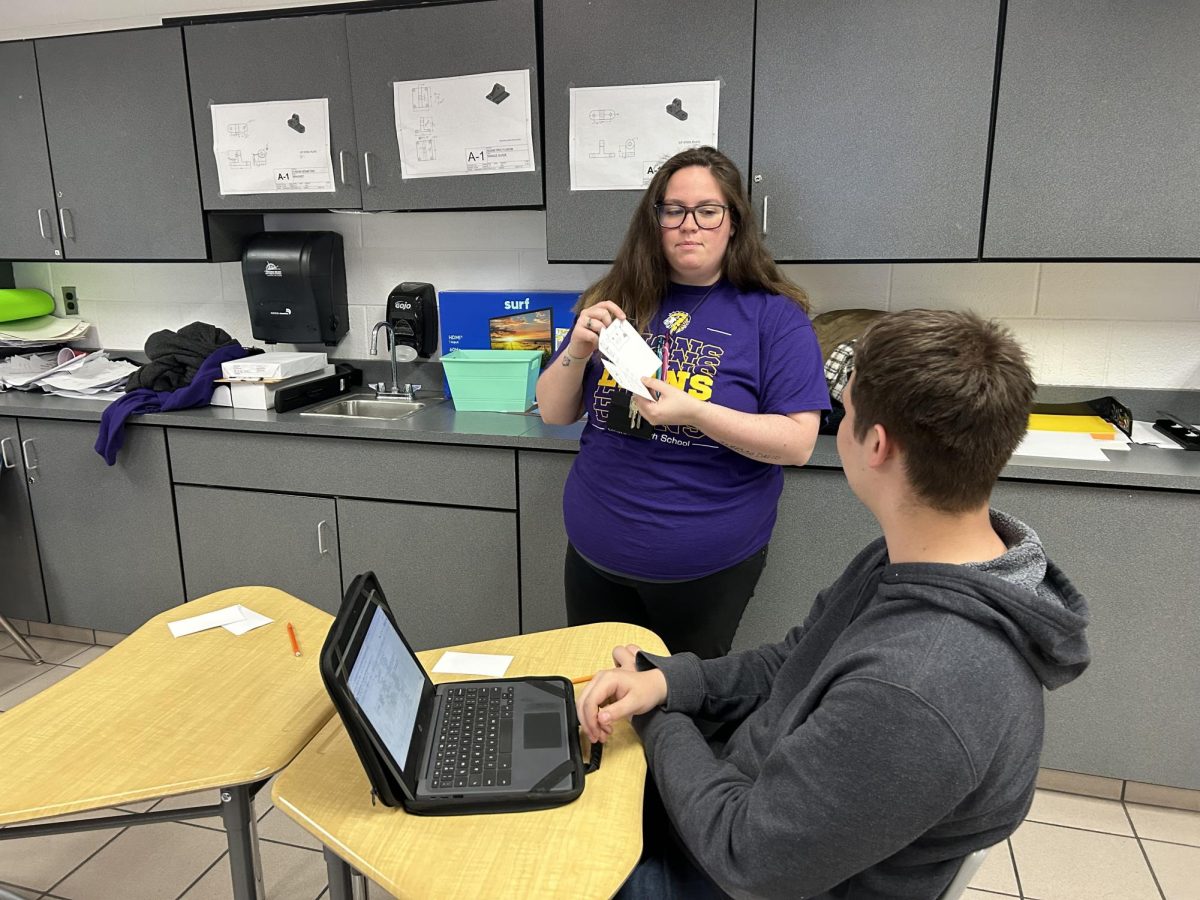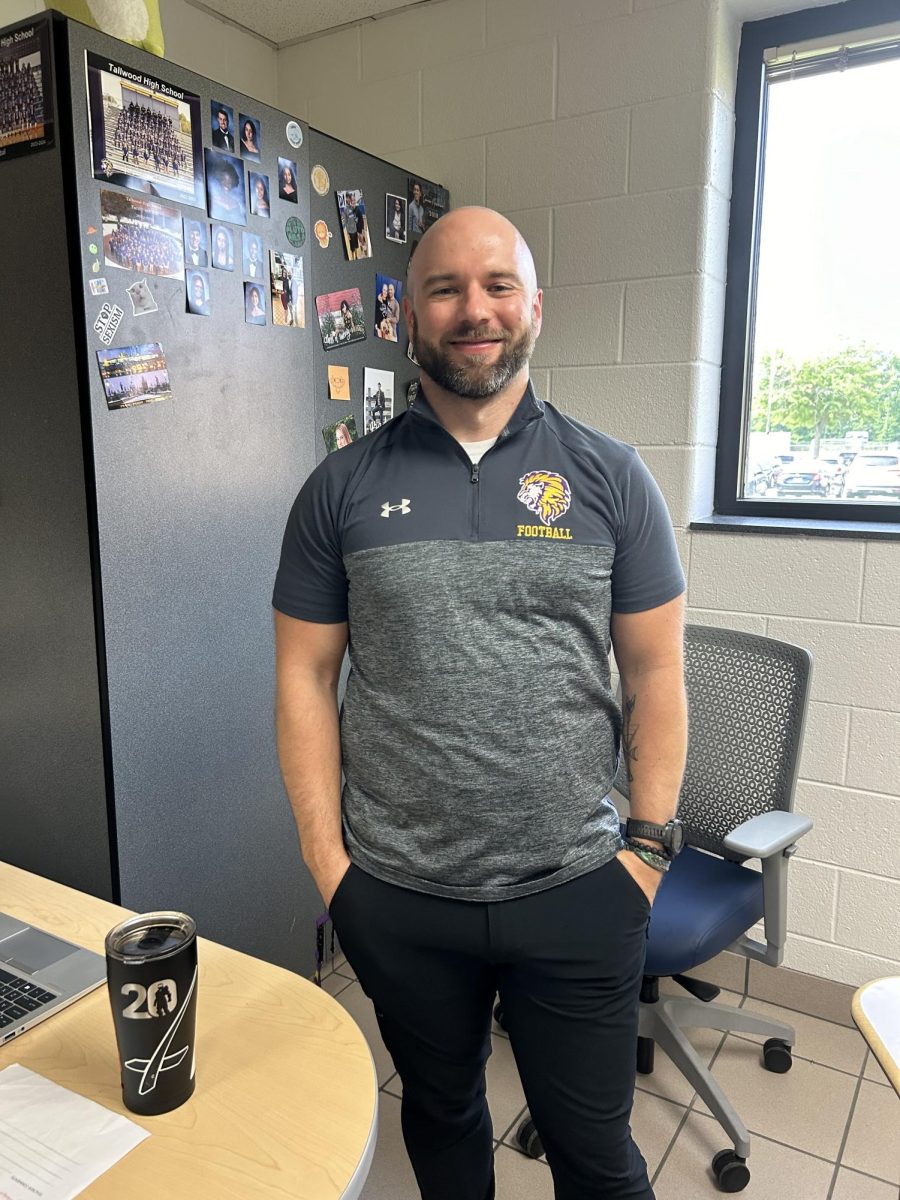Almost every teacher started off having a passion for or found themselves interested in a certain subject throughout their lives, soon leading them to pursue the job of teaching it to students themselves. In “In Their Element”, we have an interview with a teacher who teaches the decided main subject of the series, asking what led them to this point and a few questions that are related to their field. For this edition, Connor Keelan, a biology teacher at Tallwood, was interviewed.
“I was always just interested with how the world and how life worked. Especially the human body and microorganisms, and so that general curiosity got me going in that general field.” Keelan answers after being asked what got him interested in biology.
“These microorganisms that we can’t even see are responsible for all of life being what they are. When you think about how small a cell or a bacterium is and how large some living organisms are, it’s nothing but a collection of those microscopic things. I’ve never been able to fully wrap my head around it, but to me, that’s just the most fascinating thing is trying to learn how these things dictate all of life.”
Keelan was then asked a hypothetical question regarding how animal biology might change 100 years from now, and how different it may be compared to today.
“I feel like over the next couple years, I mean there’s still so much to be explored on our own planet, we can find plenty of species we are unfamiliar with. In addition to that, unlocking all the potential that DNA has for any kind of modification for animals, whether it be humans or other organisms, I think the possibilities are endless.” He replies, further explaining that humans are still very early in understanding DNA and what one could do with genetic modification and engineering, especially when combating extinct animals and animals on the verge of extinction.
As a final question, Keelan was asked what he believes is most important for students to know about Biology.
“The small cells, the microscopic bacteria, they influence all things of life. The cells that make an organism up, are going to drive that organism to be what it is.”

